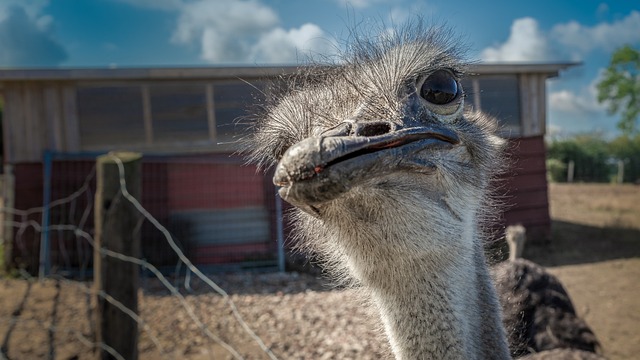mega-sena 2679 🌞 Mega-Sena 2679: A Dream Within Reach or a Mirage in the Desert of Chances?

Mega-Sena 2679: A Dream Within Reach or a Mirage in the Desert of Chances?
The recent draw of Mega-Sena 2679 has once again ignited the fervent dreams of countless hopeful participants across the nation. With an astronomical prize pool, the allure of instant wealth has drawn attention not only to the game of chance but also to the underlying implications that such lotteries carry in a society marked by economic disparities. As players eagerly await the results, it is imperative to delve deeper into the socio-economic ramifications of such games, assessing whether they serve as a viable pathway to prosperity or merely perpetuate a cycle of false hope.
To begin with, it is essential to understand the mechanics of Mega-Sena. Known as one of the most popular lotteries in Brazil, Mega-Sena offers staggering jackpots that can transform the lives of winners overnight. The allure of becoming an instant millionaire is undeniably captivating, particularly in a nation where economic inequality is a pressing issue. For many, participating in this lottery represents a flicker of hope—a chance to escape financial burdens and achieve a better quality of life. However, the question arises: does this hope translate into tangible benefits for the majority of participants?
Statistical analysis reveals that the odds of winning the Mega-Sena jackpot are incredibly slim, standing at approximately 1 in 50 million. While these odds might seem discouraging, they do little to deter the millions who participate in the draw. The enthusiasm surrounding such lotteries often overshadows the stark reality that for most, the game is more about entertainment than a strategic financial investment. The thrill of selecting numbers and the excitement that accompanies the draw are compelling enough to keep players engaged, despite the low probability of success.mega-sena 2679

Moreover, the revenues generated from lotteries like Mega-Sena have significant implications for public funding. A substantial portion of the proceeds from ticket sales is allocated to social programs, infrastructure projects, and health initiatives. This aspect of the lottery system is often touted as a redeeming quality, suggesting that even those who do not win contribute to the greater good of society. However, the ethical dilemma arises when considering whether it is justifiable to rely on a game of chance to fund essential services. The question remains: should society place its trust in a lottery system to support public welfare, or should more sustainable and equitable funding mechanisms be pursued?mega-sena 2679

Critics argue that lotteries disproportionately affect lower-income populations, who may invest a larger share of their limited resources into such games, driven by the hope of a life-altering win. This phenomenon raises concerns about the potential for gambling addiction and the exacerbation of existing financial woes. While the excitement of a potential windfall can be intoxicating, it is vital to remain cognizant of the impacts that gambling can have on vulnerable communities. The dichotomy between hopeful dreams and harsh realities cannot be overlooked; for many, the cost of participation may ultimately outweigh any potential benefits.
Furthermore, a broader discussion about the cultural significance of lotteries is warranted. In a society where economic mobility is often stymied by systemic barriers, the dream of winning the Mega-Sena can become a symbol of aspiration. It reflects a collective yearning for a better life and the belief that fortune can change in an instant. However, this cultural narrative can become problematic when it oversimplifies the complexities of wealth accumulation and economic stability. While it is crucial to celebrate the stories of those who have triumphed, it is equally important to recognize that these instances are exceptions rather than the rule.mega-sena 2679
In conclusion, Mega-Sena 2679 serves as a microcosm of the broader societal issues surrounding lotteries and their impact on individuals and communities. While the excitement and allure of winning are undeniable, it is essential to approach such games with a critical eye. The balance between hope and reality must be navigated carefully to avoid fostering a culture that perpetuates economic disparities. As participants await the results of the draw, let us reflect on the implications of our choices and consider whether chasing dreams through chance is truly the best path toward a brighter future. Ultimately, the answer may lie not in the numbers drawn but in the collective efforts to build a more equitable society where opportunities are abundant for all, irrespective of luck or fate.
Fale conosco. Envie dúvidas, críticas ou sugestões para a nossa equipe através dos contatos abaixo:
Telefone: 0086-10-8805-0795
Email: portuguese@9099.com


